Introduction of Sustainable Pasture Management System in Mountain Communities of Syunik Region

Project Details & Results
The project aims to promote sustainable land use/management practices in Angeghakot, Tolors and Salvard communities of Syunik region to sustain agro-ecosystem functioning and livelihoods of local population.
Agriculture, in particular livestock sector, is a major economic activity providing employment and livelihoods for project target communities. Agro-ecosystems, including pastures, grasslands and other landscape types, provide multiple ecosystem services that are critical for maintaining sustainable livelihoods at the community level. However, project target communities, as many in Armenia, do not have an adequate capacity to implement good practices for crop and livestock production that contribute to enhancement of multiple agro-ecosystem services. Project communities are rich in pasturelands and grasslands (over 12,800 ha), in the meantime only 1/3 of pastureland is being used. Due to underdeveloped infrastructure, remote pastures and grasslands are not commonly used, therefore close pastures are being overexploited.
The project activities aim to foster participative bottom-up planning processes to ensure inclusive participation of all concerned stakeholders/target groups in designing and implementation of integrated Pasturelands Management System in the selected communities.
The project will also support the selected communities in improving infrastructure (spot road improvements, stock watering points and camping places for cattle, shelters for shepherds) of remote pastures. In the result, the accessible pastureland resources in target communities will increase by 50% (over 2,000 ha), which will allow to increase quantity and quality of overall fodder production; reduce pressure on overgrazed degraded areas; regenerate productive capacity to achieve sustainable resource management at communities level.
Project Results
The project will produce the following results:
Integrated pasturelands management and sustainable use practices (including rotational grazing system) are introduced in 3 target communities to mitigate land degradation.
Capacities of local population (pasture users/farmers, community counsel and staff of local authorities) to design and operate Pasturelands Management System are developed.
5,850 ha of pasturelands are under improved land management practices.
Pressure on overgrazed/nearby pasturelands decreased in the result of improved access to 2,000 ha remote pastures.
Access to remote pastures increased in the result of improved infrastructure (spot road improvements (in total 16km.), 4 stock watering points for cattle, 3 camping places for cattle (in average 450 sq.m per community), 3 shelters for shepherds).
The project aims to promote sustainable land use/management practices in Angeghakot, Tolors and Salvard communities of Syunik region to sustain agro-ecosystem functioning and livelihoods of local population.
Agriculture, in particular livestock sector, is a major economic activity providing employment and livelihoods for project target communities. Agro-ecosystems, including pastures, grasslands and other landscape types, provide multiple ecosystem services that are critical for maintaining sustainable livelihoods at the community level. However, project target communities, as many in Armenia, do not have an adequate capacity to implement good practices for crop and livestock production that contribute to enhancement of multiple agro-ecosystem services. Project communities are rich in pasturelands and grasslands (over 12,800 ha), in the meantime only 1/3 of pastureland is being used. Due to underdeveloped infrastructure, remote pastures and grasslands are not commonly used, therefore close pastures are being overexploited.
The project activities aim to foster participative bottom-up planning processes to ensure inclusive participation of all concerned stakeholders/target groups in designing and implementation of integrated Pasturelands Management System in the selected communities.
The project will also support the selected communities in improving infrastructure (spot road improvements, stock watering points and camping places for cattle, shelters for shepherds) of remote pastures. In the result, the accessible pastureland resources in target communities will increase by 50% (over 2,000 ha), which will allow to increase quantity and quality of overall fodder production; reduce pressure on overgrazed degraded areas; regenerate productive capacity to achieve sustainable resource management at communities level.
Project Results
The project will produce the following results:
- Integrated pasturelands management and sustainable use practices (including rotational grazing system) are introduced in 3 target communities to mitigate land degradation.
- Capacities of local population (pasture users/farmers, community counsel and staff of local authorities) to design and operate Pasturelands Management System are developed.
- 5,850 ha of pasturelands are under improved land management practices.
- Pressure on overgrazed/nearby pasturelands decreased in the result of improved access to 2,000 ha remote pastures.
- Access to remote pastures increased in the result of improved infrastructure (spot road improvements (in total 16km.), 4 stock watering points for cattle, 3 camping places for cattle (in average 450 sq.m per community), 3 shelters for shepherds).
.png&w=3840&q=75)
Subscribe for our news
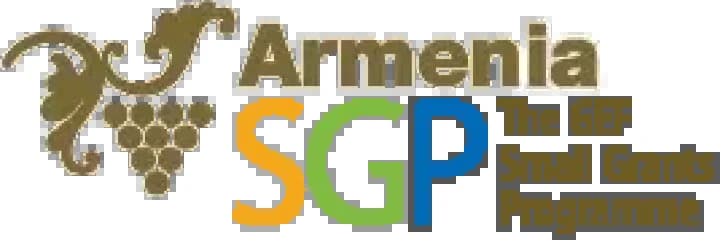


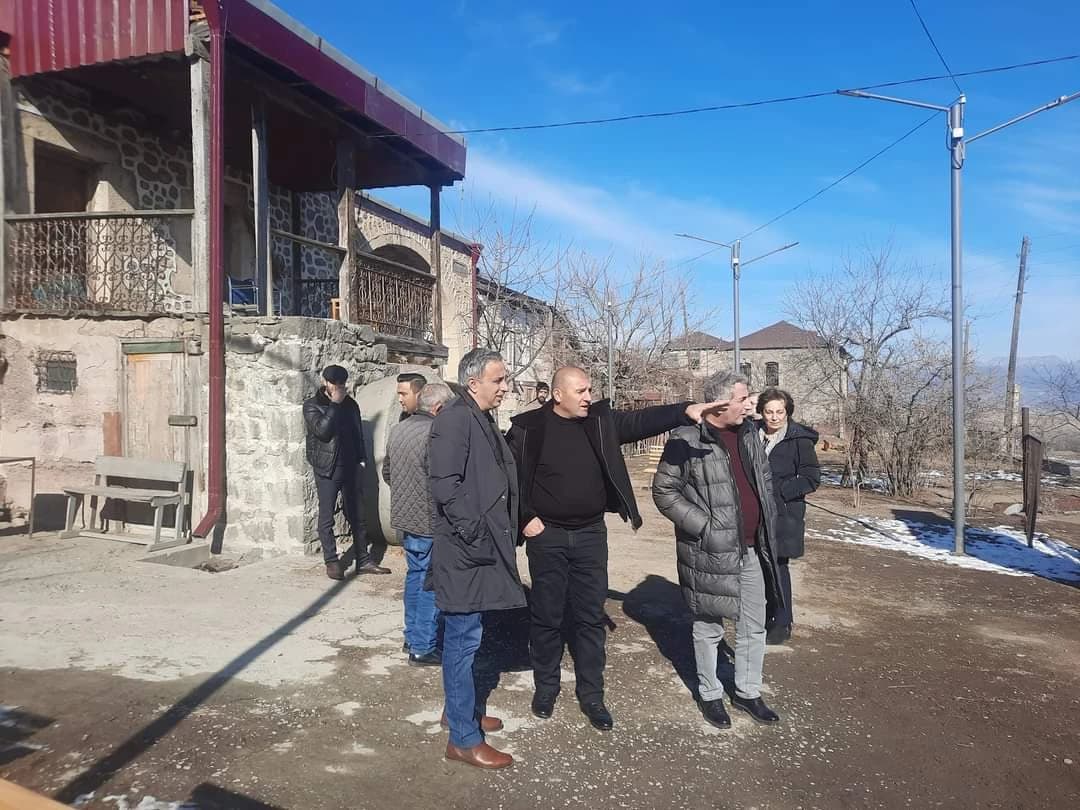
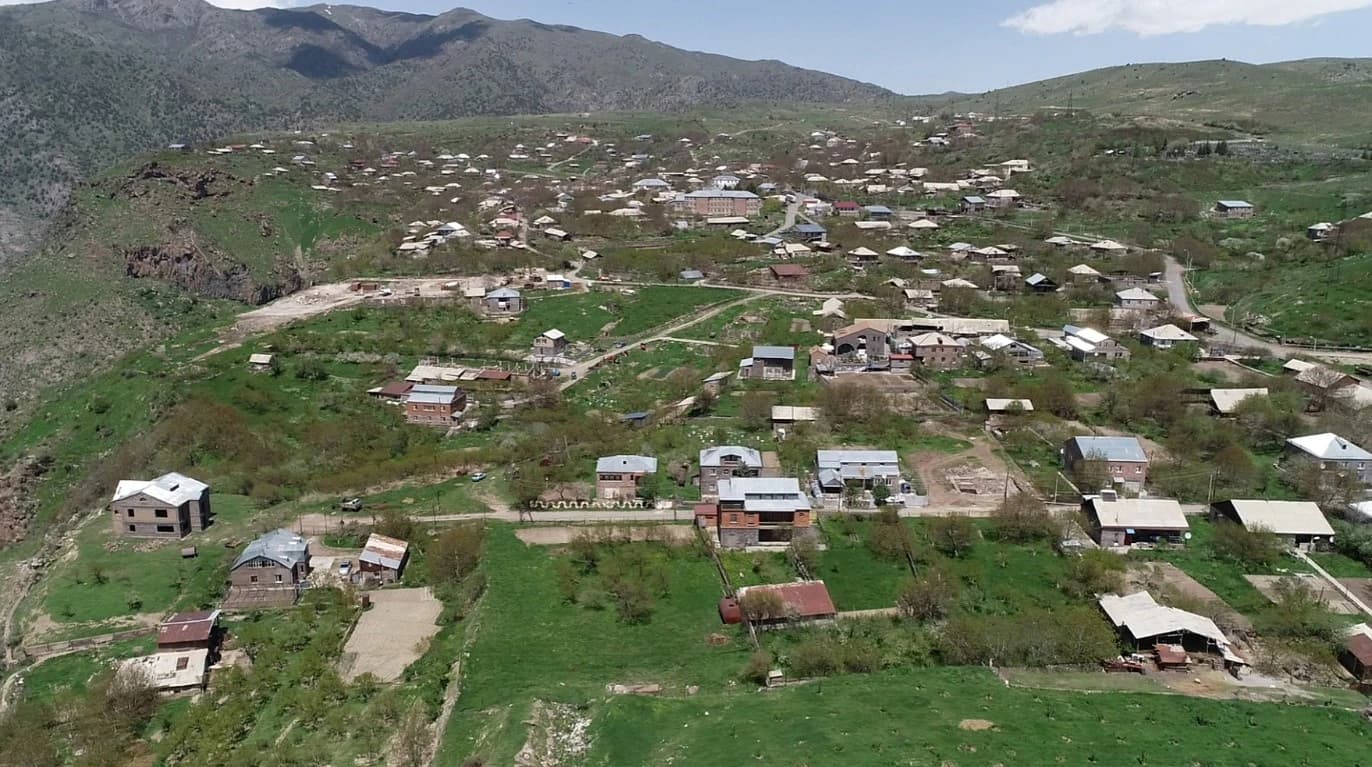
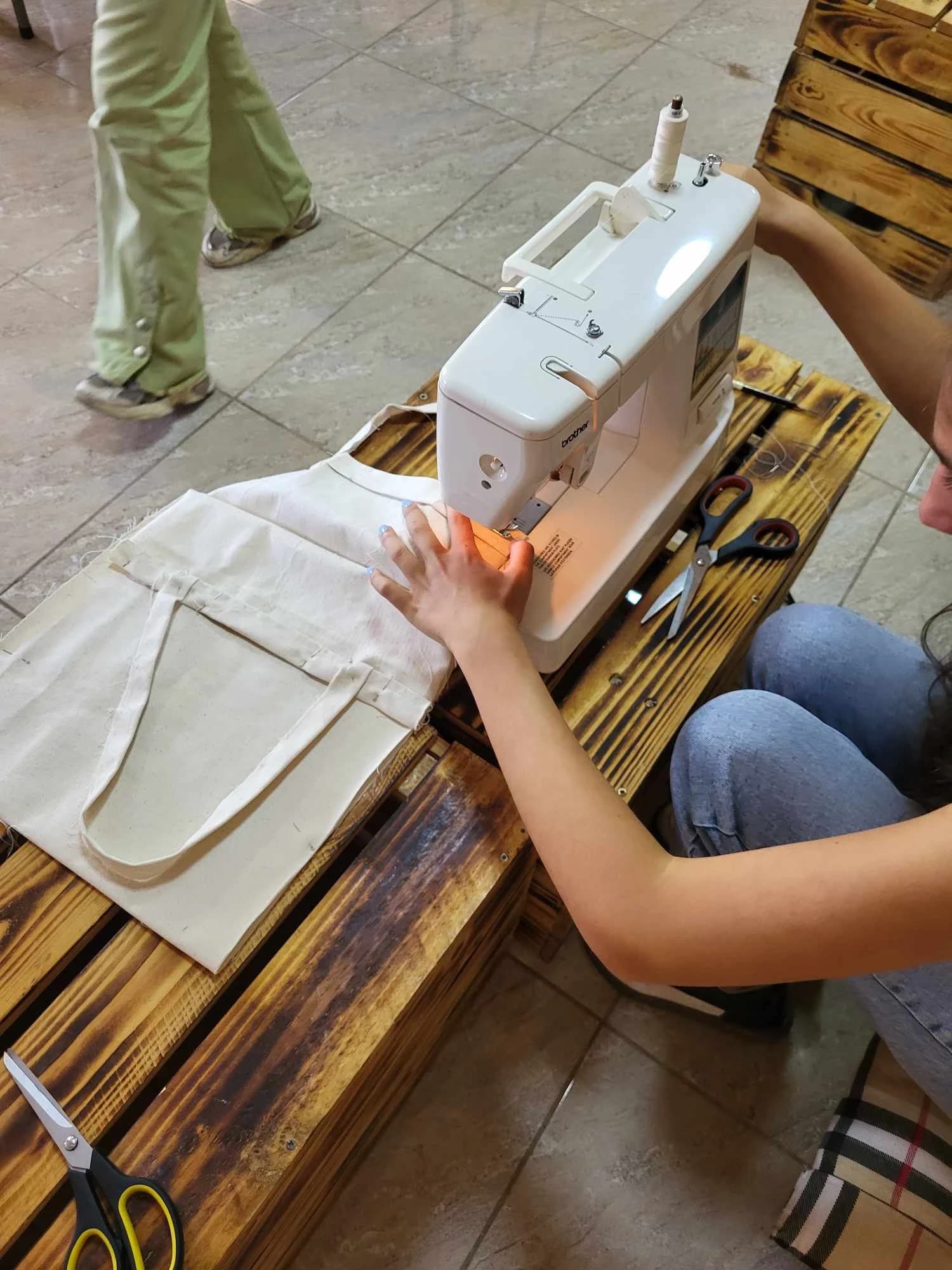
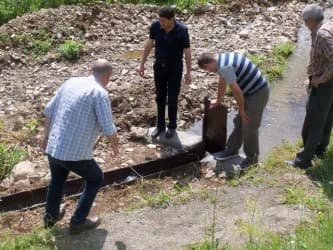
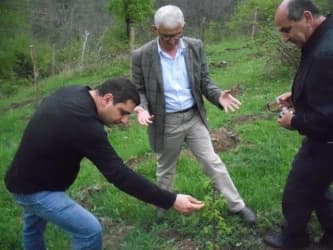
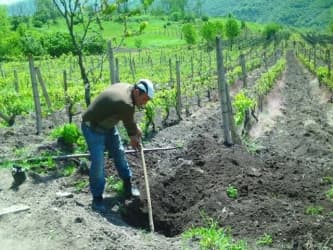
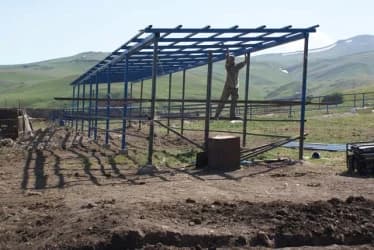
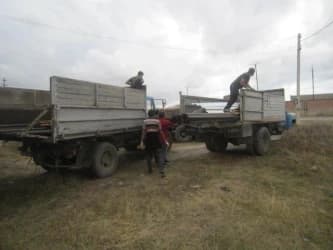
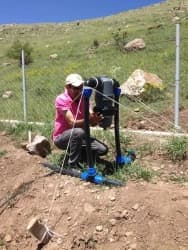
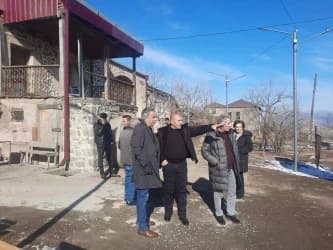
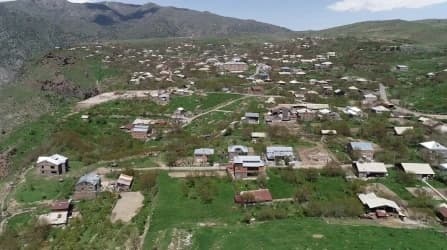

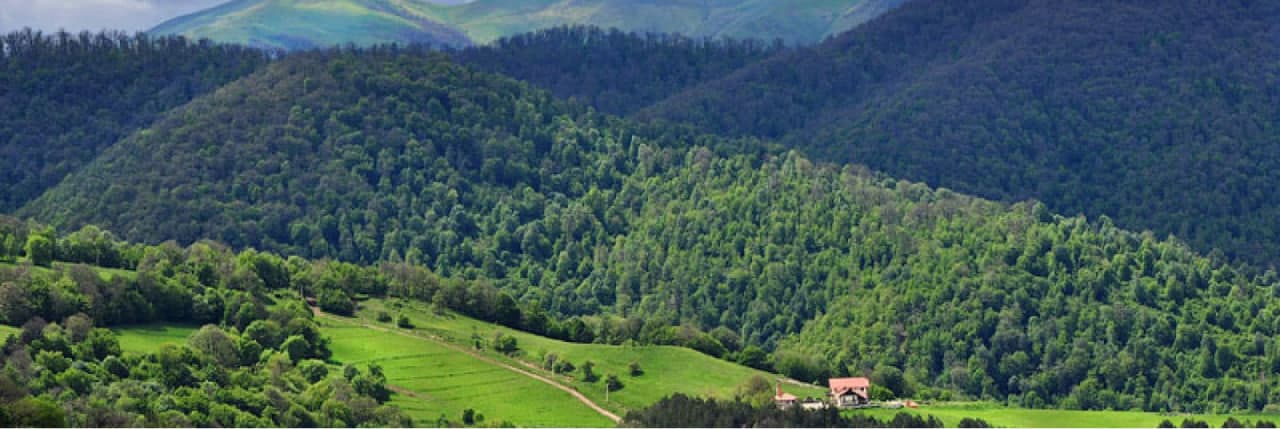
.png&w=3840&q=75)
